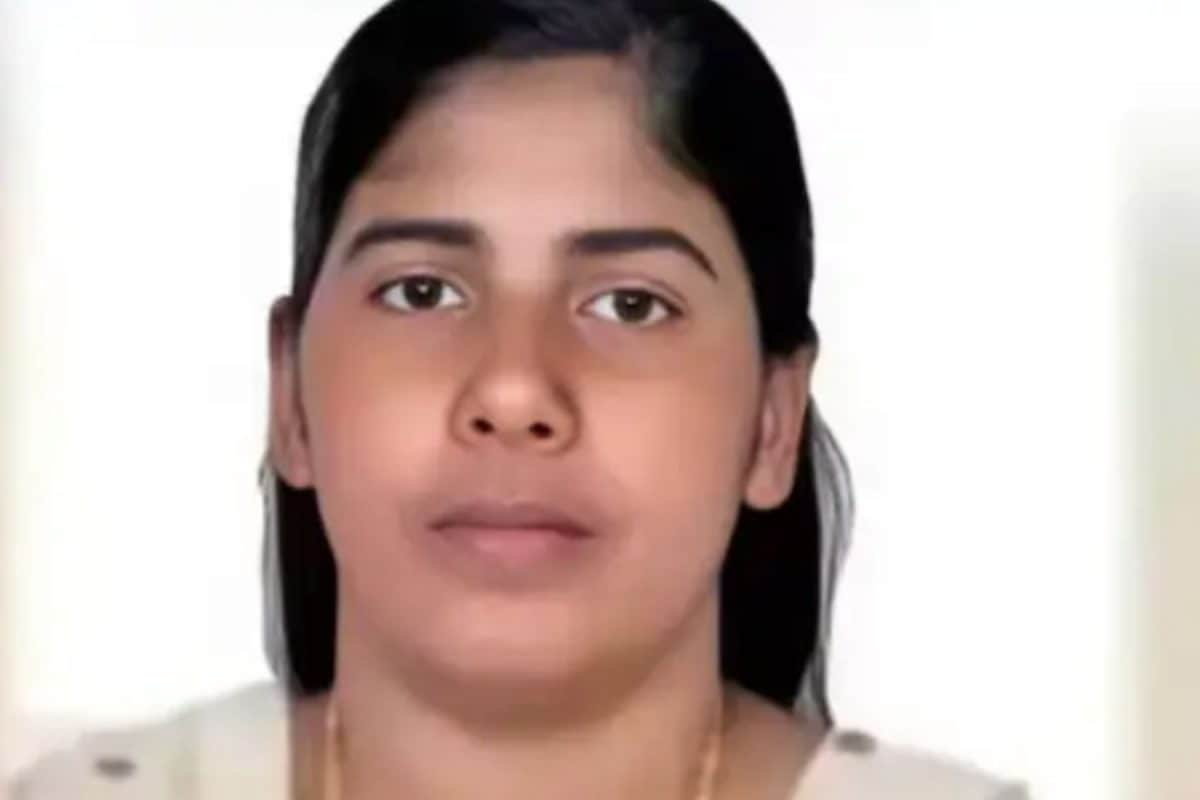

Nimisha Priya, a nurse from Kerala, finds herself in a dire situation in Yemen, a country she ventured to in search of a better life. Her journey, which began with aspirations of financial stability, has taken a dark turn, placing her on death row for the murder of Talal Abdo Mahdi, her business partner.
In 2008, Nimisha Priya, then barely 20 years old, moved to Yemen to work as a nurse. Like many other young women from Kerala, she sought better employment opportunities in the Gulf nation. By 2015, she collaborated with Talal Abdo Mahdi to establish a clinic in Sana'a. Yemeni law required national involvement in setting up businesses, prompting her to seek Mahdi's assistance. Over the next two years, differences arose between Nimisha and Mahdi. She reported harassment and alleged that he seized her passport.
In July 2017, in an attempt to retrieve her passport and escape the alleged harassment, Nimisha Priya administered a sedative, ketamine, to Talal Abdo Mahdi. However, the situation took a tragic turn when Mahdi died from an overdose. In a panic, she dismembered his body. Nimisha was arrested near the Yemen-Saudi border while trying to flee.
In 2018, a Yemeni court convicted Nimisha Priya of murder and sentenced her to death. She has been on death row since then. Her appeals were rejected in 2022 and again in November 2023 when Yemen's Supreme Judicial Council dismissed her appeal, confirming the sentence.
The legal proceedings surrounding Nimisha's case have been fraught with challenges. Her trial was held in Arabic, and it has been reported that she was not provided with an interpreter or adequate legal counsel. This has led to calls for a retrial, with supporters arguing that she did not receive a fair hearing.
The only remaining path to clemency is forgiveness from Talal's family. Efforts have been made to negotiate with the victim's family, including raising funds for "blood money" (Diyat), a form of compensation paid to the victim's family as an alternative to capital punishment. By June 2024, supporters had raised $40,000 for Nimisha's release, half of which was then transferred to the Indian Embassy in Sanaa. However, the family of Talal Abdo Mahdi has refused to accept blood money, demanding "Qisas" (retribution in kind). Abdelfattah Mahdi, the victim's brother, has stated that the family will not accept anything less than Nimisha Priya's execution.
Despite the challenges, diplomatic efforts and public appeals have continued. The Indian government has been working to prevent the execution. Kanthapuram A.P. Aboobacker Musliyar, an Indian religious leader, has been involved in mediation efforts, initiating talks with the victim's family through a Yemeni religious scholar.
Initially scheduled for July 16, 2025, Nimisha Priya's execution was postponed following these interventions. However, the victim's family's continued refusal to accept blood money and their demand for Qisas casts a shadow over her chances of being pardoned.
The case has become a complex diplomatic and legal challenge, further complicated by the ongoing civil war in Yemen and the lack of formal diplomatic relations between India and the Houthi administration that controls Sana'a, where Nimisha is imprisoned.